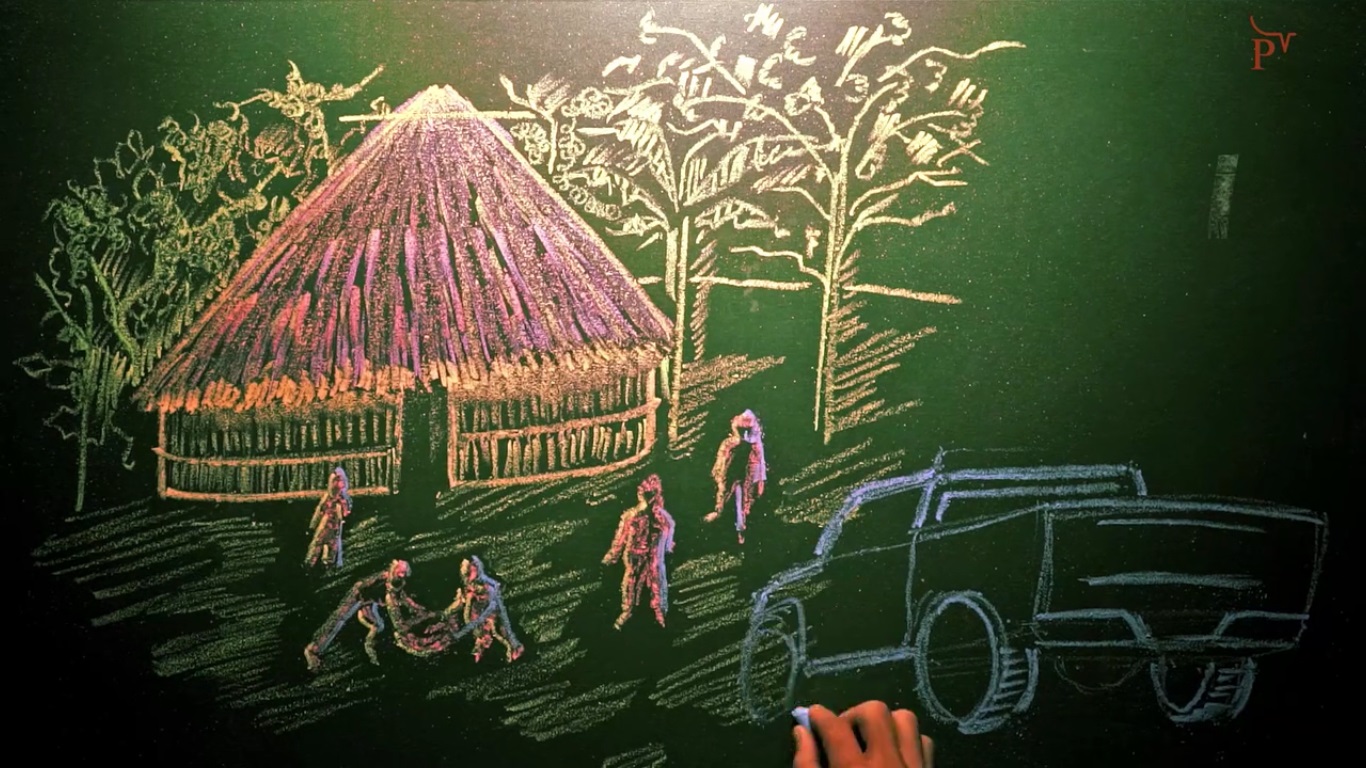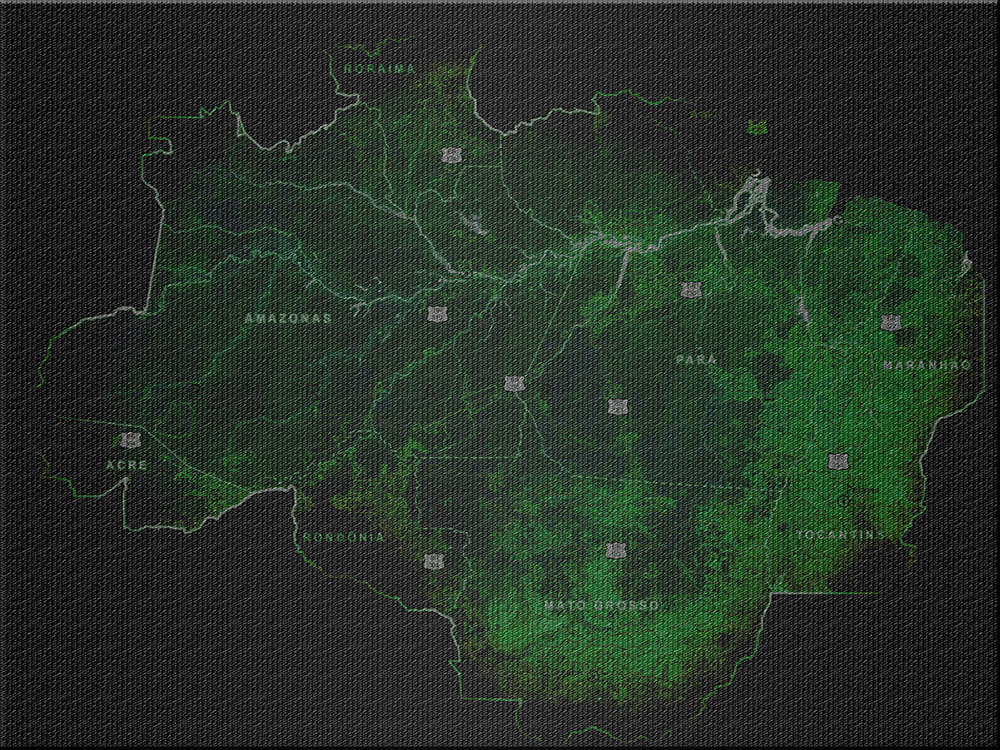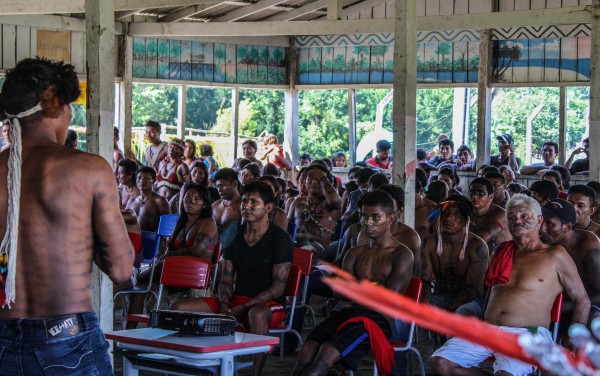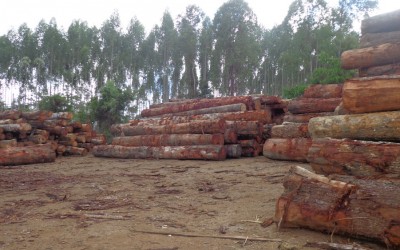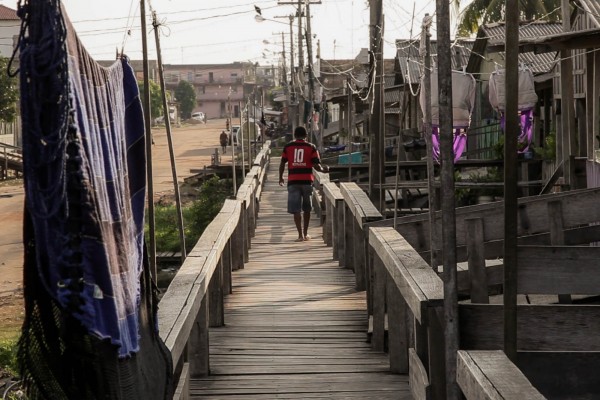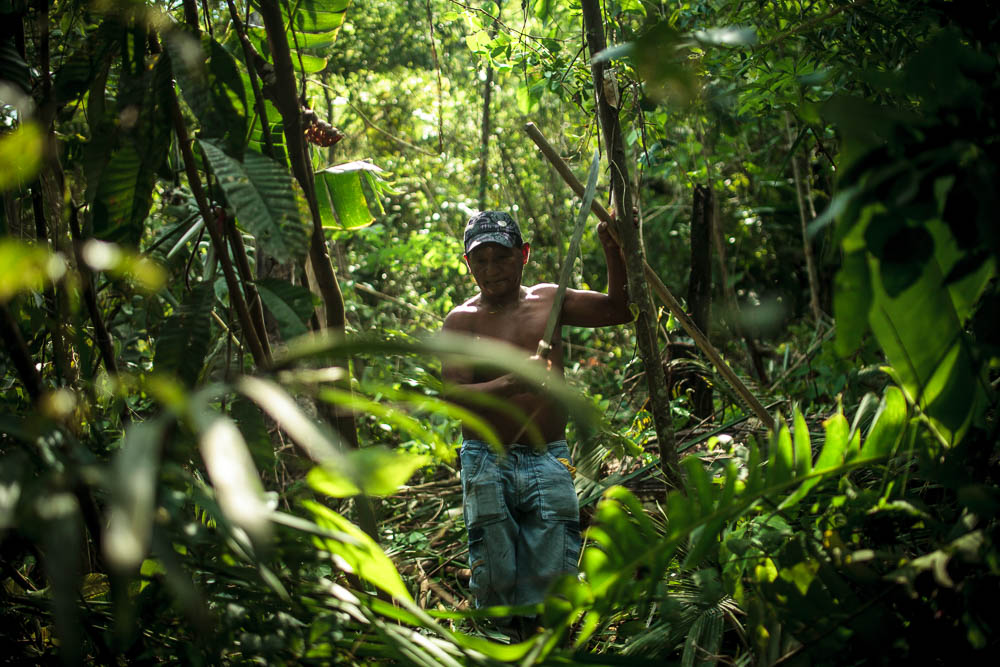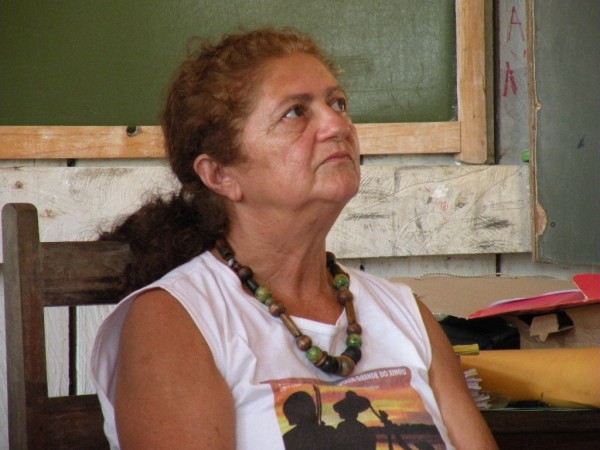In the Brazilian state of Para, the struggle of descendants of slaves for possession of land conflicts with mining company interests and environmental agency posture that could be better.
Agência Pública
Uma investigação sobre como os grandes empreendimentos estão mudando a cara da região amazônica e a vida de seus habitantes. As equipes de reportagem da Agência Pública de Jornalismo Investigativo foram a três regiões da Amazônia para entender a nova onda de desenvolvimentismo. Entre os meses de julho e outubro de 2012, eles percorreram o polo de mineração em Marabá (PA); a bacia do Rio Tapajós; e Porto Velho e as hidrelétricas do rio Madeira.Una investigación sobre cómo las grandes empresas están cambiando la cara de la región amazónica y la vida de sus habitantes. Los equipos de la Agencia Pública de Periodismo de Investigación fueron a tres regiones de la Amazonía para entender la nueva ola del desarrollismo. Entre los meses de julio y octubre de 2012, ellos recorrieron el polo minero en Marabá (PA), la cuenca del río Tapajós, Porto Velho y las presas del río Madeira.An investigation on how large enterprises are changing the face of the Amazon region and the lives of its inhabitants. The news team of the Public Agency (Agência Pública) for Investigative Journalism went to three regions of the Amazon to understand the new wave of developmentalism. Between the months of July and October 2012, they traveled the mining pole in Maraba (PA), the Tapajós River Basin, and Porto Velho and the dams of the Madeira river.
Environmental regulation in Brazil: Crime and land traffic with CAR
Designed to be an effective environmental regulation instrument, the Rural Environmental Registry in Brazil is used by squatters and gangs who profit from illegal logging,[:]
Video: Meet the Brazilian indigenous issue in four minutes
In the following video, we have the contemporary history of Brazilian indigenous issues.
Illegal settlements are those who most deforestat the Amazon
Cross-checking shows relationship between fraud and failures in the performance of Brazilian Institute of Colonization and Agrarian Reform (INCRA) and the intensification of social conflicts and deforestation in the Amazon.
Why should you listen to what say the indigenous from Teles Pires
In the rivers Teles Pires and Juruena, indigenous tribes Apiaká, Kayabi, Munduruku and Rikbaktsa join forces to defend their rights against the construction of the complex of hydroelectric plants.
Land grabbing and deforestation tell the story of the Jari region
The advancement of individuals on public land in the Amazon threatens the territories of traditional communities for over a century, under the complicit eyes of the Brazilian State
Impact studies of hydroelectric São Luiz do Tapajós are insufficient
The Brazilian environmental licensing agency, IBAMA, asks the reformulation of the impact study in more than 180 points that need to be deepened.
Tapajos, a Brazilian disputed river on west of Pará, Brazil
On the eve of losing their land to another strategic hydroelectric dam for the federal government, the Tapajós River communities, one of the best preserved of Brasil, are preparing to defend what is yours.
Funai confirms that land threatened by dam projects belongs to indigenous tribe
Land demarcation of Sawré Muybu is seen as a hindrance by the government, which plans to build seven power plants in the Tapajós River basin.
Agência Pública: Mouths shut in Belo Monte- lack of dialogue and transparency
Lorraine Fleury notes that the Xingu Vivo group never agreed to discuss the plant’s construction. A different stance from that of the Movement of People Affected by Dams (MAB), for example, which has a greater historical dialogue with the PT party and with the federal government.



